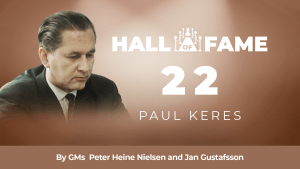
Hall Of Fame - 22: Paul Keres
The Estonian master never got to the World Championship, but had an amazingly long and successful career.

The Estonian master never got to the World Championship, but had an amazingly long and successful career.
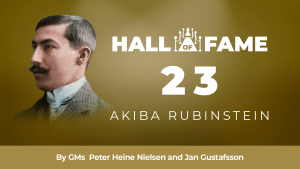
Akiba Rubinstein was one of the world's best players in the early 20th century and leaves behing an impressive legacy of endgame technique and ideas.

Howard Staunton was considered the world's leading player from 1843-1851. He also gave us the Staunton chess set and the "Chess players handbook".

David Bronstein is best known for tying the 1951 World Championship match against Botvinnik, while also giving the chess world some highly influential books.

Anderssen won two big tournaments in 1851 and 1862, as well as giving the world the "Immortal Game".
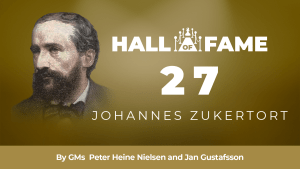
Zukertort lost to Steinitz in the first World Championship match in 1886, but was a dominant player in the 1870s and 1880s.
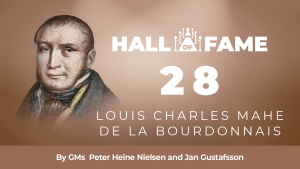
The French master was considered to be the strongest player in the world in the early 1800s.

The Great Dane makes the Top 30. Another Great Dane explains why.

Reshevsky was a contender for the World Championship from the mid-1930s to the mid-60s.

Another veteran, who played two World Championship matches.

He did just fine in 1938.

The Armenian Superstar requires no introduction

Dr. Tarrasch was maybe the world's best player in the 1890s.

Widely considered a chess genius, Ivanchuk enters the list.

Schlechter was the first player to seriously challenge Lasker in a World Championship match.

Harry Nelson Pillsbury only had a brief career, but his highs were incredibly high.

An amazing tournamemnt player, Geller never got to a World Championship match, but had + scores against the likes of Fischer, Botvinnik and Petrosian.

Gelfand came close to the World Championship title in 2012, when he lost to Vishy Anand by the smallest of margins.

"The Founder of the Soviet School of Chess"

Aron Nimzowitsch is best known for his book 'My System'. But does he belong here as a player?
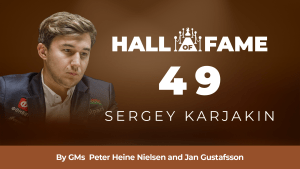
Sergey Karjakin held Magnus Carlsen to a 6-6 tie in classical games in their World Championship match.

Hungary's Lajos Portisch had a long and distinguished career.

Lev Polugaevsky is a representative of an incredibly strong generation of Soviet players. Never in a title match, but very much a top player for 20+ years.

Gata Kamsky emerges as a prodigy in the 1990s, takes time off from chess from 1996-2004, but returns in 2004 and goes on to win the 2007 World Cup.
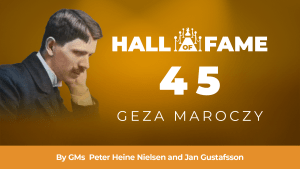
Maroczy was born in 1870 and was one of the leading players of his time. Enough?